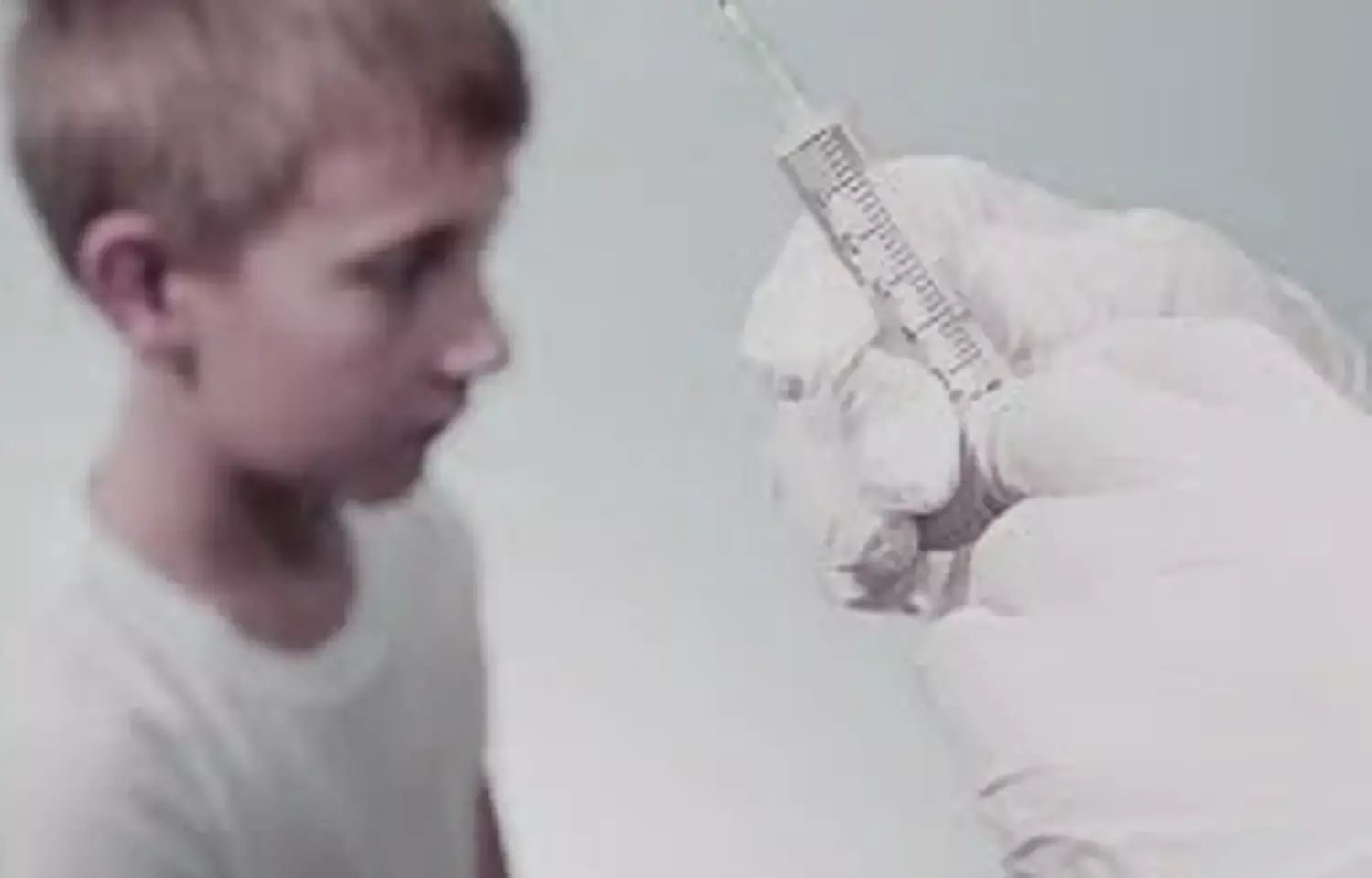- Home
- Medical news & Guidelines
- Anesthesiology
- Cardiology and CTVS
- Critical Care
- Dentistry
- Dermatology
- Diabetes and Endocrinology
- ENT
- Gastroenterology
- Medicine
- Nephrology
- Neurology
- Obstretics-Gynaecology
- Oncology
- Ophthalmology
- Orthopaedics
- Pediatrics-Neonatology
- Psychiatry
- Pulmonology
- Radiology
- Surgery
- Urology
- Laboratory Medicine
- Diet
- Nursing
- Paramedical
- Physiotherapy
- Health news
- Fact Check
- Bone Health Fact Check
- Brain Health Fact Check
- Cancer Related Fact Check
- Child Care Fact Check
- Dental and oral health fact check
- Diabetes and metabolic health fact check
- Diet and Nutrition Fact Check
- Eye and ENT Care Fact Check
- Fitness fact check
- Gut health fact check
- Heart health fact check
- Kidney health fact check
- Medical education fact check
- Men's health fact check
- Respiratory fact check
- Skin and hair care fact check
- Vaccine and Immunization fact check
- Women's health fact check
- AYUSH
- State News
- Andaman and Nicobar Islands
- Andhra Pradesh
- Arunachal Pradesh
- Assam
- Bihar
- Chandigarh
- Chattisgarh
- Dadra and Nagar Haveli
- Daman and Diu
- Delhi
- Goa
- Gujarat
- Haryana
- Himachal Pradesh
- Jammu & Kashmir
- Jharkhand
- Karnataka
- Kerala
- Ladakh
- Lakshadweep
- Madhya Pradesh
- Maharashtra
- Manipur
- Meghalaya
- Mizoram
- Nagaland
- Odisha
- Puducherry
- Punjab
- Rajasthan
- Sikkim
- Tamil Nadu
- Telangana
- Tripura
- Uttar Pradesh
- Uttrakhand
- West Bengal
- Medical Education
- Industry
Children treated with growth hormone at higher risk for CVD during adulthood: JAMA

Sweden: Children who receive growth hormone face a slightly elevated risk of cardiovascular events when they reach adulthood, according to a large study from Sweden.
Recombinant human growth hormone (rhGH) treatment during childhood increases the risk of cardiovascular events in early adulthood, particularly in women, suggests a recent study in the journal JAMA Pediatrics.
Treatment with rhGH is given during childhood due to growth hormone deficiency (GHD), small for gestational age (SGA), and idiopathic short stature (ISS). Recently, concerns have raise about the cardiovascular safety of rhGH; however long-term studies are limited. Anders Tidblad, Karolinska Institutet, Karolinska University Hospital, Stockholm, Sweden, and colleagues aimed to investigate the long-term risk of overall and severe cardiovascular events in patients previously treated with rhGH in childhood and whether there is an association with treatment duration or dose.
For the purpose, the researchers performed a nationwide population-based cohort study. The study included patients treated with rhGH during childhood (age 0-18 years) from January 1, 1985, to December 31, 2010, in Sweden, with follow-up through December 31, 2014. The patients were treated with rhGH owing to the factors mentioned above. Data on cardiovascular outcomes and covariates including gestational age, birth weight, birth length, socioeconomic status, and height were obtained through linkage with several health care and population-based registers.
The primary outcome was the first cardiovascular event recorded after the start of follow-up, and the secondary outcome was the first severe cardiovascular event.
The study included a total of 53 444 individuals (3408 patients and 50 036 controls) who were followed up for as long as 25 years.
Key findings of the study include:
- Among 1809 recorded cardiovascular events, the crude incidence rates were 25.6 events per 10 000 person-years for patients and 22.6 events per 10 000 person-years for controls.
- The adjusted hazard ratio (HR) for all cardiovascular events was higher in patients compared with controls (HR, 1.69), especially for women (HR, 2.05) compared with men (HR, 1.55).
- All subgroups had increased HRs (SGA, 1.97 ; GHD, 1.66 ; and ISS, 1.55).
- Longer duration of rhGH treatment (HR, 2.08) and total cumulative dose (HR, 2.05) were associated with higher risk for overall cardiovascular disease.
- The adjusted HR for severe cardiovascular disease was 2.27.
"In this cohort study, treatment with rhGH during childhood due to GHD, SGA, or ISS was associated with increased risks of cardiovascular events in early adulthood, particularly in women; however, conclusions of causality are still limited and the absolute risk remains low," concluded the authors.
The study, "Association of Childhood Growth Hormone Treatment With Long-term Cardiovascular Morbidity," is published in the journal JAMA Pediatrics.
DOI: https://jamanetwork.com/journals/jamapediatrics/article-abstract/2773797
Dr Kamal Kant Kohli-MBBS, DTCD- a chest specialist with more than 30 years of practice and a flair for writing clinical articles, Dr Kamal Kant Kohli joined Medical Dialogues as a Chief Editor of Medical News. Besides writing articles, as an editor, he proofreads and verifies all the medical content published on Medical Dialogues including those coming from journals, studies,medical conferences,guidelines etc. Email: drkohli@medicaldialogues.in. Contact no. 011-43720751


